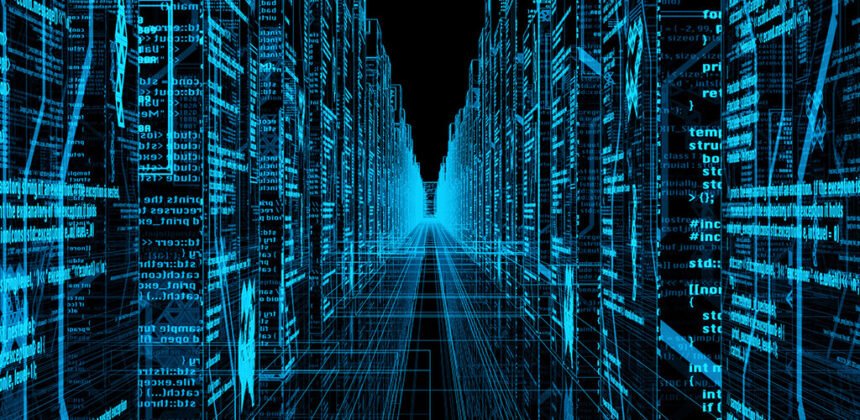A computer is more than a gadget for conducting an online chat or sending emails. This gadget contains programs for carrying out multiple tasks. A conventional computer might not be effective in the future because of the high amount of data existing in data banks. However, an introduction to quantum computing will benefit the data processing sector.
How Quantum Computing Works
A quantum computer uses qubits instead of bits like conventional computers. As a result, they can store zero or one particles (or both). Quantum computers store and conduct data stream processing simultaneously. Further, they work in a parallel form thus allowing them to perform multiple tasks at once. This form makes data processing faster than conventional computers.
The qubits are stored by atoms. These atoms require a special mechanism for containing them in a state where they can store information and conduct data processing. Generally, they are contained by electromagnetic fields, laser beams, and radio waves.
Quantum computing has a unique and interesting way of processing data. The conventional computers work on two binary numbers: 0’s and 1’s. All the activities undertaken on a computer including calculating or online chats are translated as 0’s and 1’s and then algorithmically processed.
The Benefits of Quantum Computing
Data banks are gradually reaching their limit in processing data. Data from taking videos and pictures are rapidly transmitted by users daily. Traditional computers are on the brink of reaching the limit of data processing. As a result, leading companies in the computer industry are planning to mitigate this problem. They anticipate the launching of a viable quantum computer that would handle all the larger computer processing activities. Apart from what we have already discussed, quantum computers have the following benefits:
Optimization of Solutions
Quantum computers will sample data and optimize the problem encountered during the analysis process. Moreover, they will assist in determining the optimal treatment for each problem. These computers give businesses and consumers the opportunity to make credible decisions and seek investments in firms offering this revolutionized technology.
Solving Complex Problems
Quantum computers are fast and reliable. Current computers have difficulty with saving data and solving complex problems. Fortunately, quantum computers solve problems in seconds. Further, there is an assumption that the integration of quantum computers with artificial intelligence, particularly machine learning will boost the quantum computing technology even further, allowing more complex issues to be addressed through computers.
Integration of Data from Different Data Sets
Quantum computers will enhance a quick analysis and integration of large sets of data. As a result, there will be an improvement in abilities of machine learning and artificial intelligence. The quantum computers anticipate breakthroughs after launching. This is because of the different data sets existing. Even so, human intervention will be necessary to assist in training the computer on the integration of data for future purposes. For instance, a computer needs to understand the connection between unique schemes that might be present in different raw data sources before conducting a comparison.
Identifying Pattern in Big Data Sets
Data might have anomalies during transmission. Quantum computers are anticipated to recognizing these uncovered patterns quickly. It is fascinating how these computers will multi-task. For example, assessing a computer and spotting the problematic pattern simultaneously. However, this process might take time. This is because it will require a parallel computer that looks at each record.
Overall, the introduction of quantum computers indicate a promising future in the computer world. This technology will enhance successful businesses. Data processing and analysis would be easier, and in case of a problem, quantum computers are designed to solve all kinds of complexities. Additionally, these computers will ensure there is accuracy in data processing. Ultimately, our ability to rely on computed data will amplify astronomically as we increase the usage of quantum computers.






